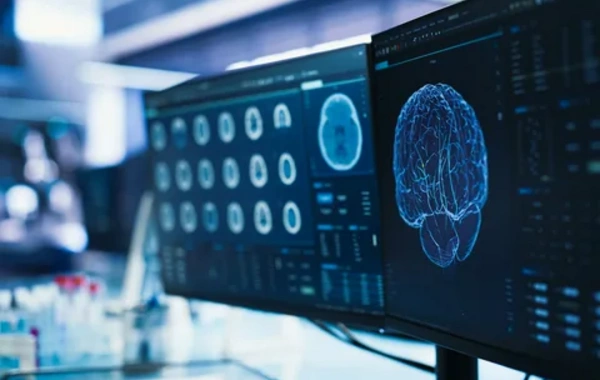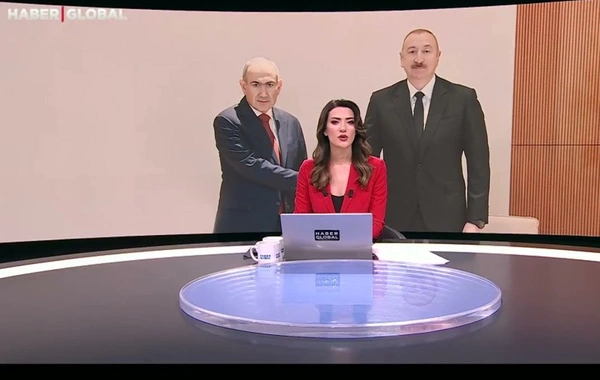The Impact of Digital Detoxification on Mental Health

In the modern world, where smartphones and social networks have become an integral part of life, digital detoxification - a temporary rejection of gadgets - is becoming an increasingly popular practice. As of May 26, 2025, studies show that excessive use of technology is associated with increased levels of stress, anxiety, and decreased productivity.
Digital detoxification helps reduce the load on the brain caused by the constant flow of information. For example, scientists from Stanford University note that even a 24-hour break in the use of gadgets can improve concentration and reduce feelings of fatigue. People who practice such breaks report increased levels of mindfulness and improved sleep quality.
In addition, digital detoxification contributes to the restoration of social connections in real life. Replacing screen time with walks or communication with loved ones helps reduce the feeling of loneliness, which is often intensified by dependence on social networks.
To implement digital detoxification, psychologists recommend starting with small steps: allocating several hours a day without gadgets, gradually increasing this time. Such practices not only improve mental health but also help increase productivity, allowing you to focus on truly important tasks.
Similar News
# Three Main Causes of All Cancer Cases Identified
Almost four out of ten cases of cancer on the planet are not a verdict of fate or a genetic lottery, but the result of exposure to factors that humanity has the...




 Azərbaycanca
Azərbaycanca  По-русски
По-русски  English
English 






